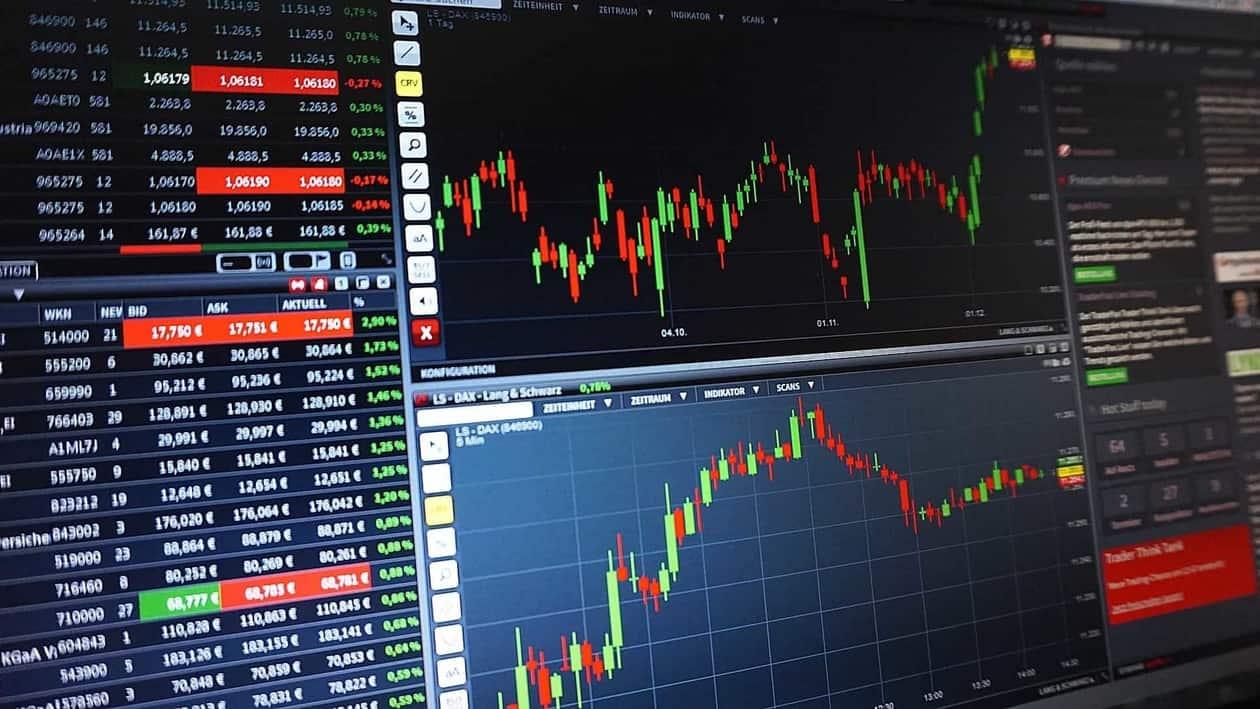Market capitalisation and equity are two very popular ways of assessing the value of a firm. These two parameters each showcase different methods of looking at a company's worth and are used to get an accurate picture of the firm.
Let's now understand what each of these means:
Market Capitalization
Market capitalization is the total value of all outstanding shares of a company. It is calculated by multiplying the total number of outstanding shares with its share price. It is mainly used to ascertain the company's size as a lot of indices choose stocks and their weightages on the basis of that.
Also, since it is dependent on the share price, the market capitalisation of a firm can change on a day-to-day basis. It helps investors to compare stocks on the basis of size and determines how much the company is worth on the open market as it shows how much investors are willing to pay for their stock.
However, one must note that market capitalisation does not determine the equity value of the firm, only fundamentals can do that. Determining at what cost the company can be acquired is not market capitalisation. It only shows if all the shares of the firm are sold, how much the firm would fetch.
Also, since a number of times shares of a firm can be overvalued or undervalued depending on the market sentiment as well as domestic and global trends, a company's worth cannot be accurately determined by market cap.
Equity
Also known as shareholders' equity, this is considered a more accurate way of determining what the firm is worth. It is basically what is the value of the firm's assets minus the liabilities.
It reveals that if the firm was sold or liquidated, how much net profit will remain. Since it does not depend on the share price, it does not change on a day-to-day basis like the market cap.
This equity value of a firm can be found on the company's balance sheet. The true value of one's investment in a firm is represented by this.
How to compare the two
Though individually, these two aren't exactly comparable, you can use the price to book ratio to make sense if the company's stock is overvalued or undervalued as compared to shareholders' equity.
In the balance sheet, find the total shareholders' equity value and the total market capitalisation on BSE or NSE. Suppose the Total equity is ₹600 crore and m-cap is ₹800 crore. Divide m-cap with the equity value (800/600) which gives 1.33 in this case. This is the P/B ratio of the firm.
If the ratio is over 1, it indicates that the market overvalued the firm and vice versa.
Key difference
Market cap is generally always higher than the equity value of a firm since factors like growth potential, earnings forecast, etc hype up the stock price of the firm.
However, if the market cap has steadily risen over equity value over time, this can indicate investor confidence in the stock.
Both market cap and equity value are key ways to determine a company's worth, however, they should be used together to get an accurate picture of the firm.
